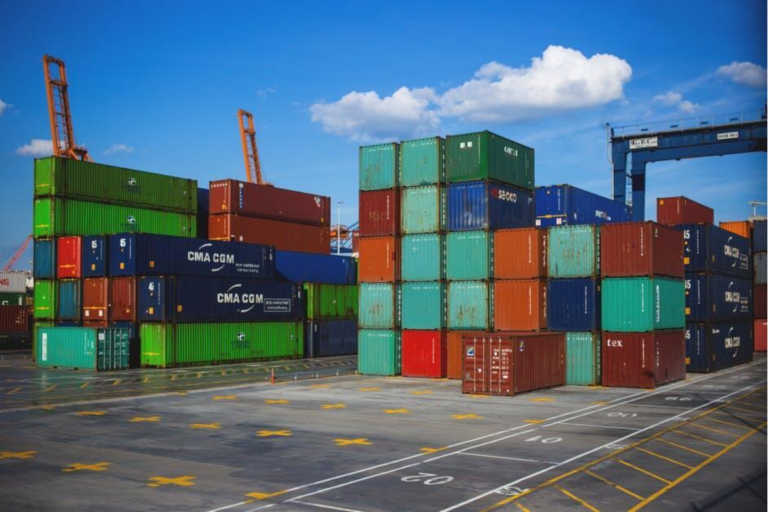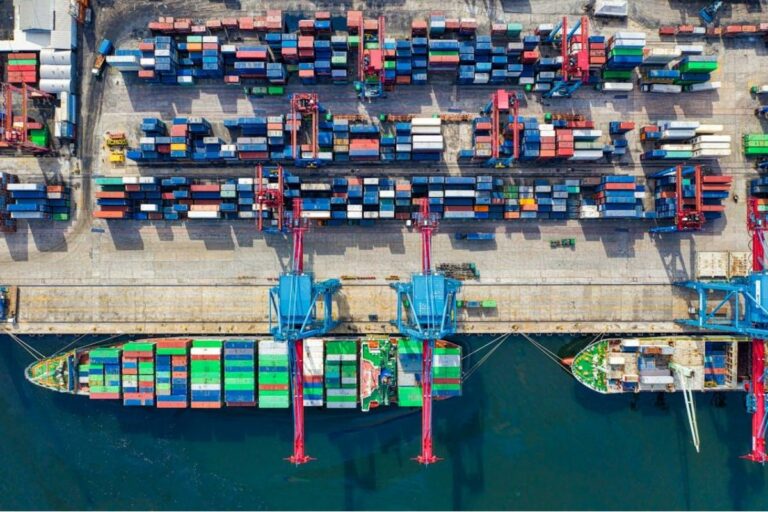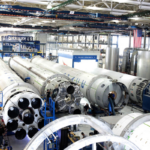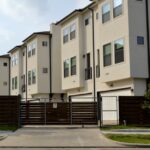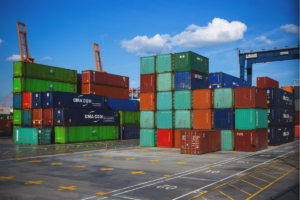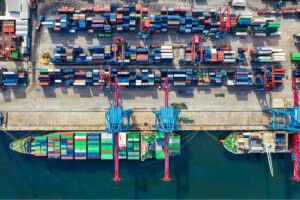Despite all the hysteria surrounding Brexit. There is still one massive problem that the UK is facing.
The housing crisis. This is still undoubtedly a major problem that the nation is facing. The government still needs to build an estimated 240,000 homes in order to put everyone in our growing population into a home. But with this problem very much on the backburner since the UK decided to leave the EU and 36% of brits never thinking they will own a home, it looks as though the majority of the population will continue renting.
But Renting is not always as simple as it seems. With a host of regulations set to change, due to the EU referendum what precautions do Landlords need to make sure they stay within those regulations? Currently there is lots to do.
Being a landlord is just like any other business. The only difference is that you are not on-site every day, monitoring the goings on. However, with this there comes the inevitable problems you will face keeping houses safe. The unfortunate thing is, many landlords don’t really know what they should be doing to keep their properties safe, there are lots of guidelines which need to be followed, prior to a tenant moving in, but then there has to be ongoing regulations to be maintained.
One problem landlords do seem to be facing when coming up against safety regulations, is where the responsibility lies. Both tenants and landlords seem to be disputing which responsibilities they have, when keeping the property up to standard.
So what are the legal musts for Landlords?
- Gas Safety – Annual gas safety checks must be carried out, which must be carried out by an engineer registered on the Gas Safety Register. These checks have to be carried with no more than 12 month intervals.
- Fire Safety Order – Landlords must have a risk assessment in place to comply with the Fire Safety Order, which should then be in writing.
- Electrical Inspections – Your property must have a five yearly electrical safety check carried out by a competent electrician even if you don’t need a licence.
- Fire Alarm System and Fire Precautions In HMOs – Fire exits and alarms must be correctly fitted and made visible. Any escape from the property must be unobstructed.
- Legionella Assessment – Landlords are required to perform risk assessments for Legionaire’s Diseases. Failure to do so can result in fines.
Richard Murray from Arinite Health and Safety Consultants said:
‘Being a landlord is just like being a business owner. Everything has to be compliant and the property has to be up to scratch. But the tenants must do their bit too.’
The landlord has to make sure that everything in the property is up to standard before the tenant moves in. Murray also state that landlords often ‘skip simple things like gas’, which can result in huge fines, similar to how companies are fined
However, some of the general maintenance for a property will come under responsibilities of the tenant, this also has to be established in the leasing agreement. Tenants will have general responsibilities such as keeping the property clean, stopping things like mould and mildew. However, if a problem is caused prior to a tenant moving in, then the responsibility falls to the landlord to solve the problem.
When the UK officially comes out of the EU there will undoubtedly be a host of new changes that landlords must adhere too. But until then keeping your properties maintained is a must, as well informing tenants of their responsibilities.


